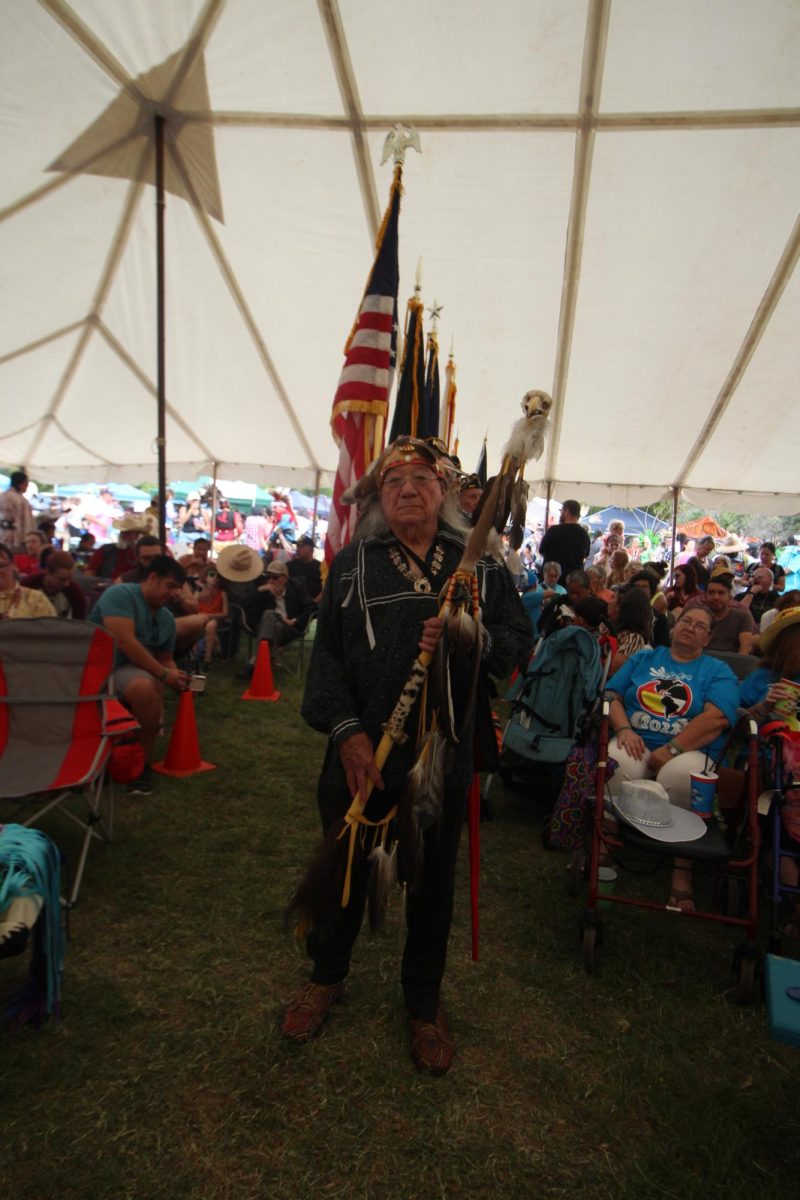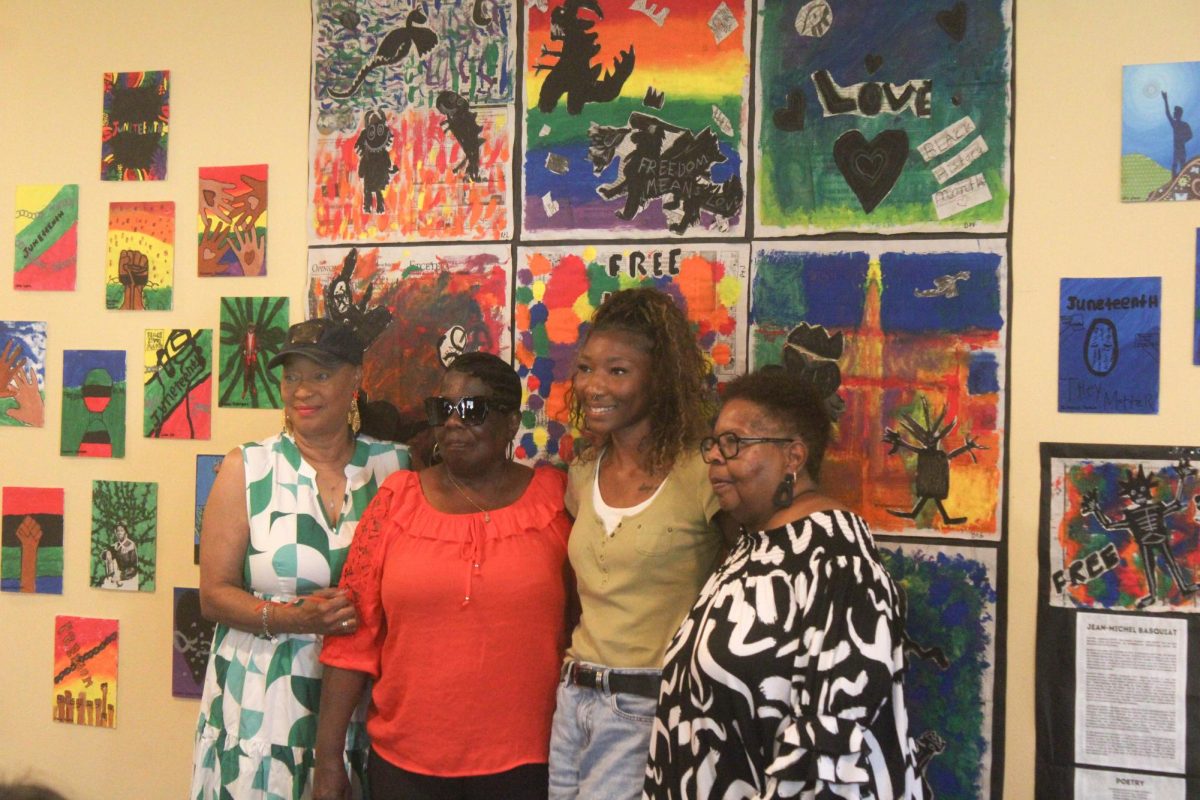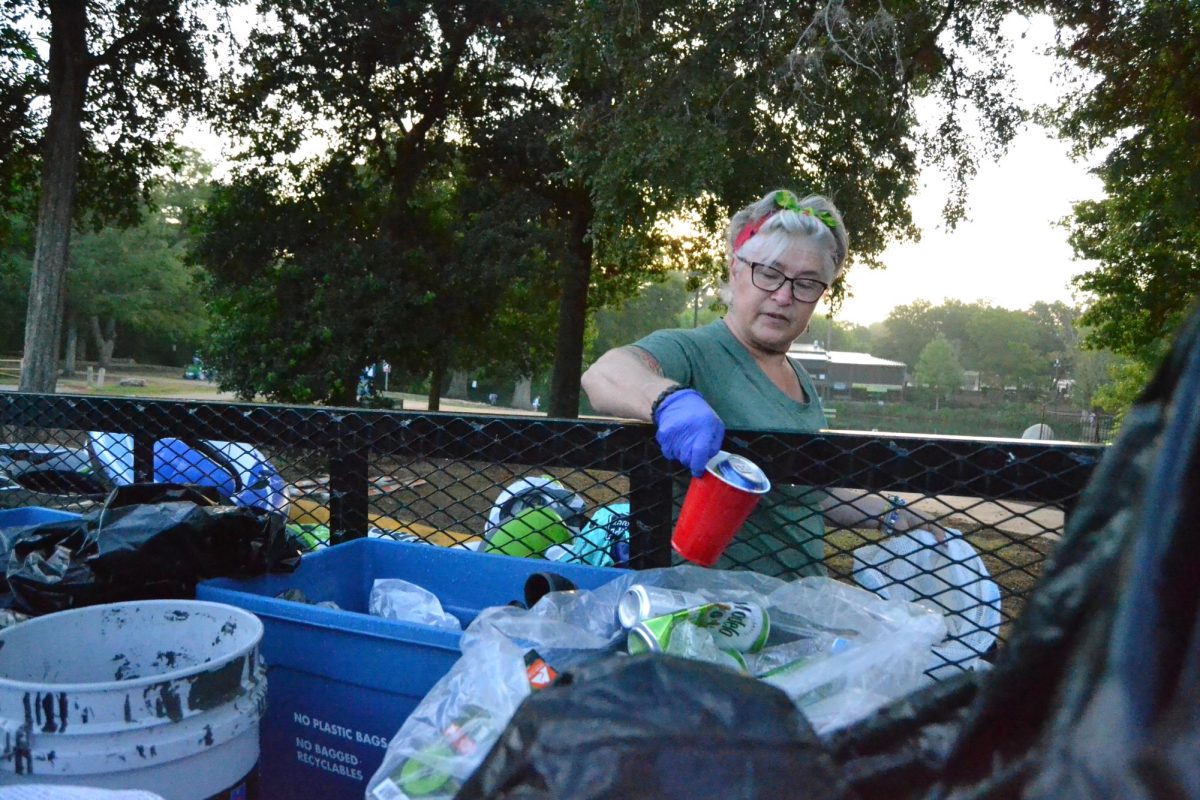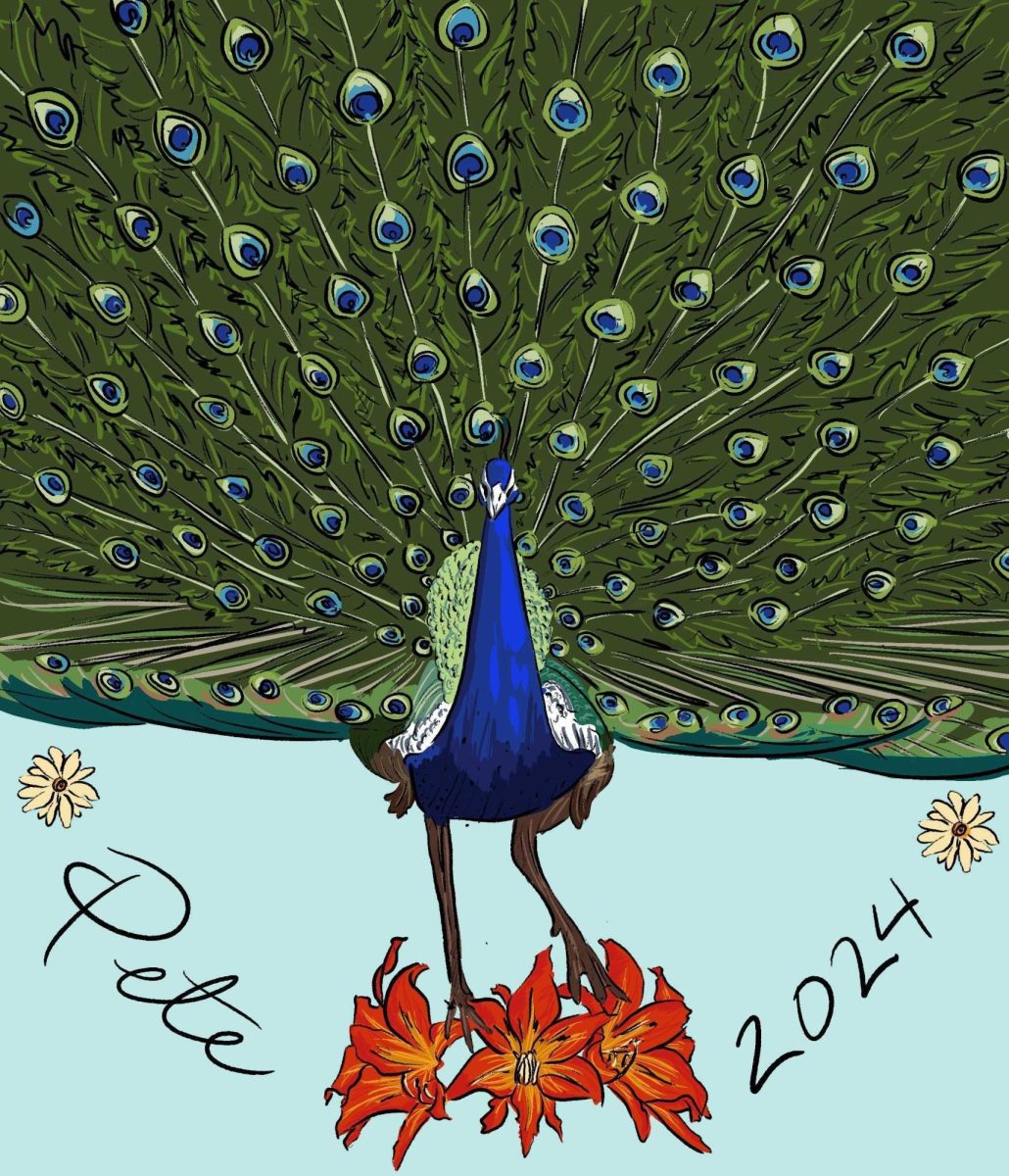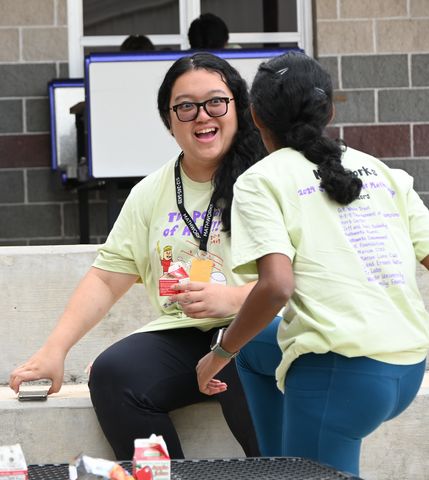In a traditional celebration of Indigenous cultures, San Marcos will play host to the 13th annual Sacred Springs Powwow filled with widespread varieties of art, dance, cuisine and other festivities to honor the sacred land in the San Marcos area.
The event, organized by the Indigenous Cultures Institute (ICI), will be an all-day affair on Oct. 7-8 at the Meadows Center, with over 6,000 people and more than 55 Indigenous arts and crafts vendors expected to attend.
Aaron Pyle, Ph.D, co-chair of the Sacred Springs Powwow, said that the powwow has become a place over the past few decades where different Native and Indigenous groups come together to celebrate their culture and build community.
“One of the cornerstones of Indigenous ways of being is [to] respect the elder for their stories and the wisdom they offer,” Pyle said. “Powwow is an opportunity for them to share their stories in a big way, and we just hope that San Marcos [and] the students of Texas State take the opportunity to listen.”
The ICI was founded by individuals from the Miakan-Garza Band, one of many bands that make up the Coahuiltecans. The origin story of the Coahuiltecans states they emerged from the underworld through the springs that became the Sacred Springs in San Marcos, thereby establishing the area as a sacred site within the culture.
Pyle said that attending the powwow as an undergraduate at Texas State University changed his life and helped him reconnect to his Choctaw culture after moving from the reservation in Oklahoma to Central Texas.
“Stumbling across the powwow on campus was a really powerful experience, and it’s a good example of how representation matters,” Pyle said. “For a Choctaw kid really far away from Choctaw country, hearing those powwow drums was a powerful thing.”
Pyle said the ICI’s goal is to preserve and celebrate Indigenous identities, specifically in the areas of Northern Mexico and Southern Texas, and to help individuals who have had their identities taken from them as a result of history reconnect with their heritage.
“Many of these powwows have become a context [for] the pan-Indian identity that is indirectly a consequence of the [forced assimilation and relocation] policy of the United States,” Joaquin Rivaya-Martinez, Ph.D, Texas State University associate professor for the history department, said. “By forcing the Native children to learn English at the expense of their own language, that [action] made people from very different geographic origins and cultural origins to communicate and realize they were in the same fight.”
Rivaya-Martinez is also an ethnohistorian who specializes in Indigenous peoples of the US-Mexico region and the Great Plains. He said the Indigenous groups that historically honor the springs in San Marcos as a sacred site include the Coahuiltecan, Lipan Apache, Tonkawa and Jumano people, with the Tonkawa tribe as the only one that is federally recognized.
“Powwows are places in which Native American people demonstrate that they are still around, they haven’t disappeared, [and] they have their own culture that is as deserving of respect as any other,” Rivaya-Martinez said.
Pyle said another key part of the powwow is to prioritize youth involvement within Native communities to pass on generational knowledge of sacred traditions.
“Building up young folks is at the heart of our mission,” Pyle said. “One of the things our elders [do] is always pairing those [volunteer] roles with a younger person, so they can learn from these elders who have been involved [with] powwow for decades about what it takes to run one.”
To learn more information about the Sacred Springs Powwow, visit www.sspowwow.com.











